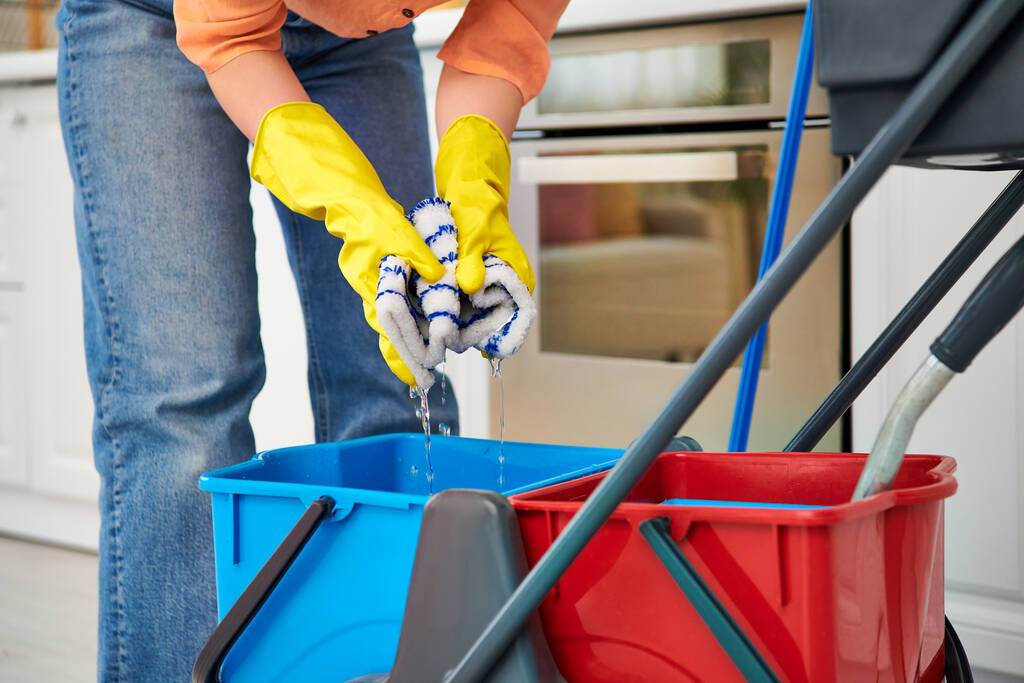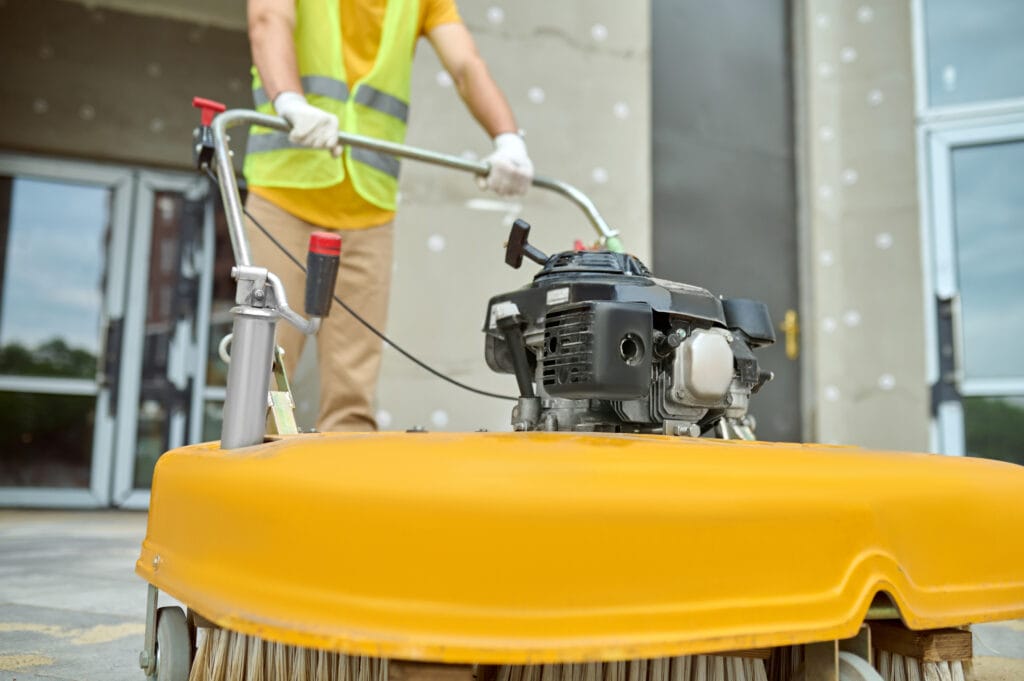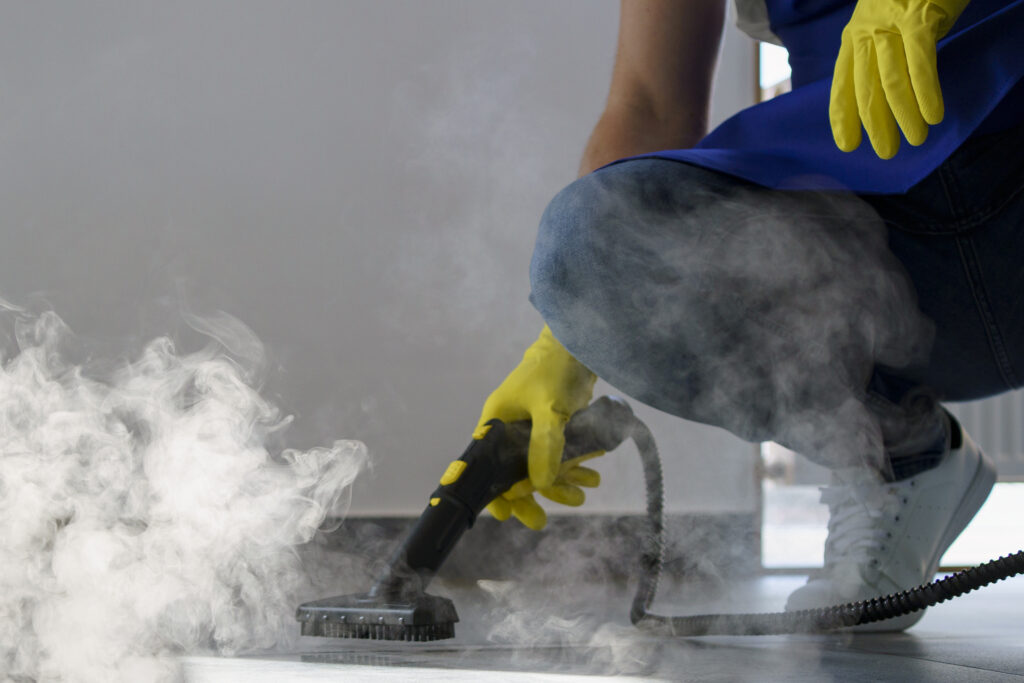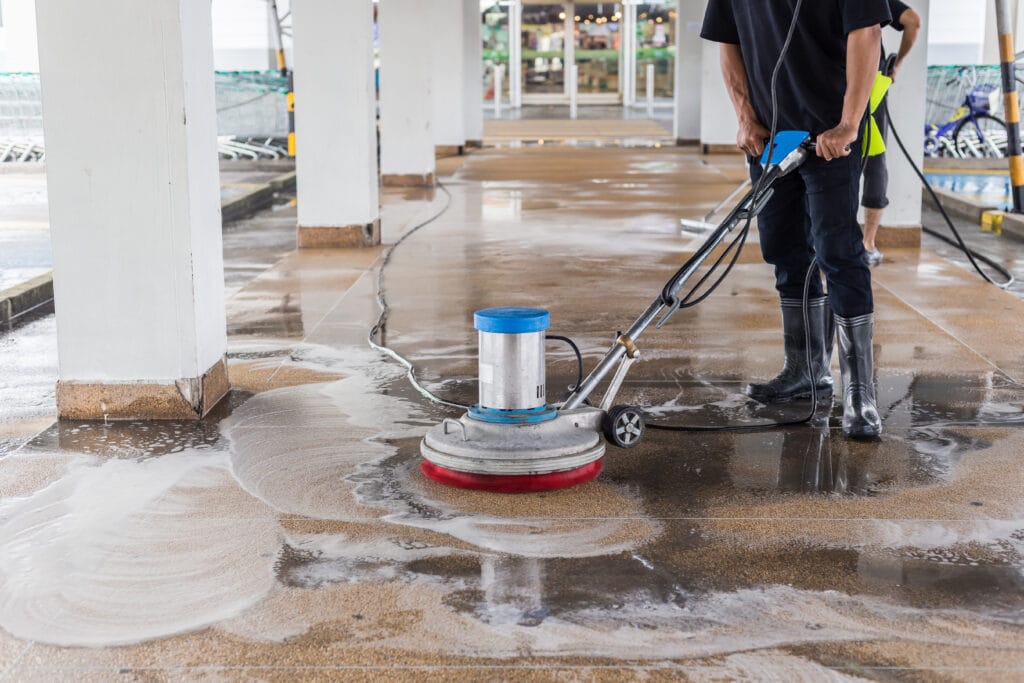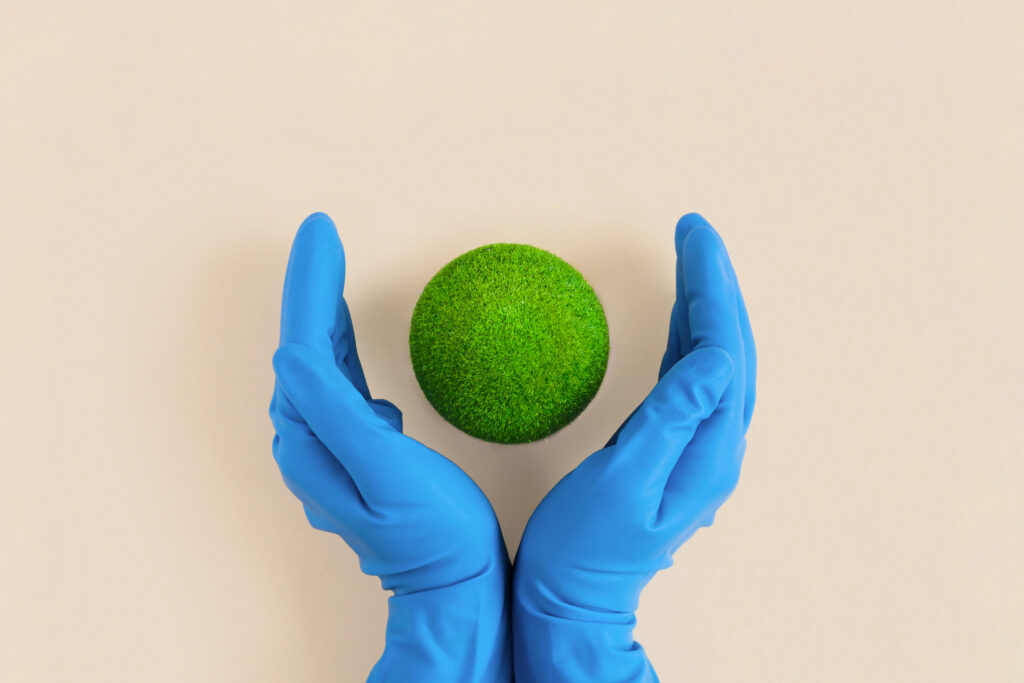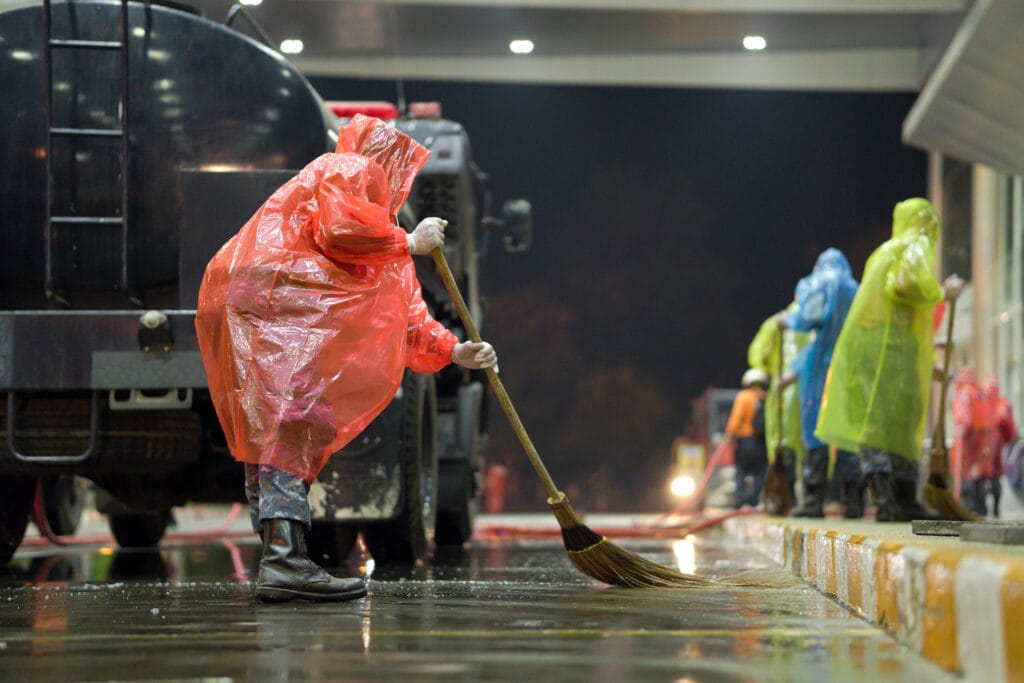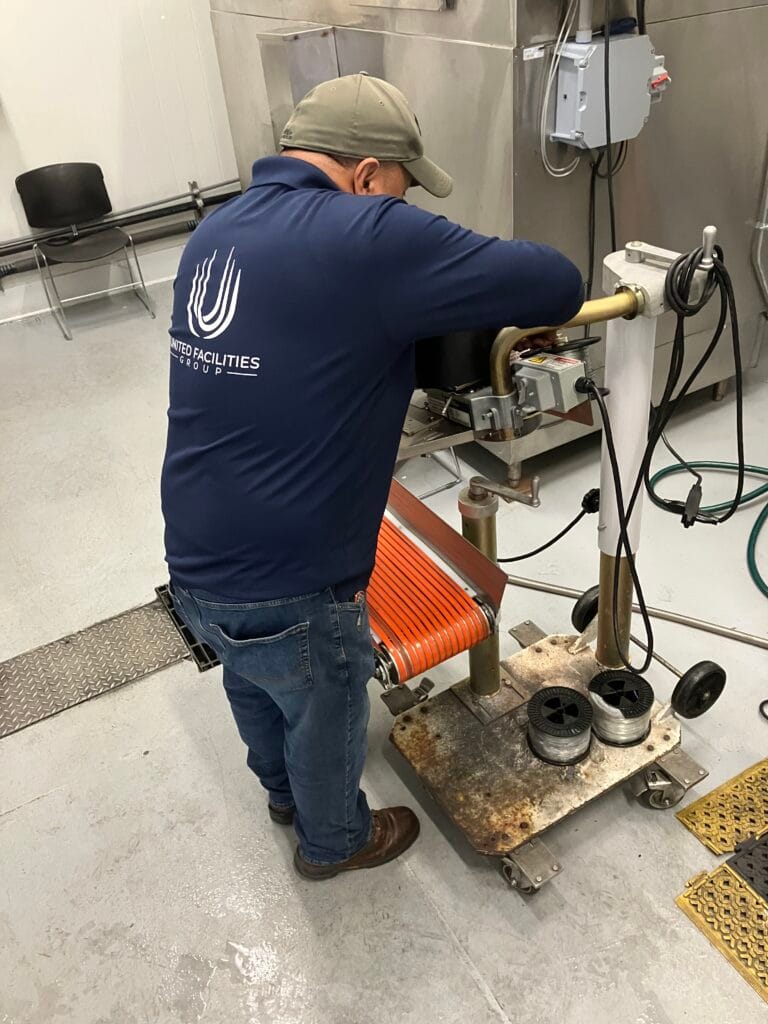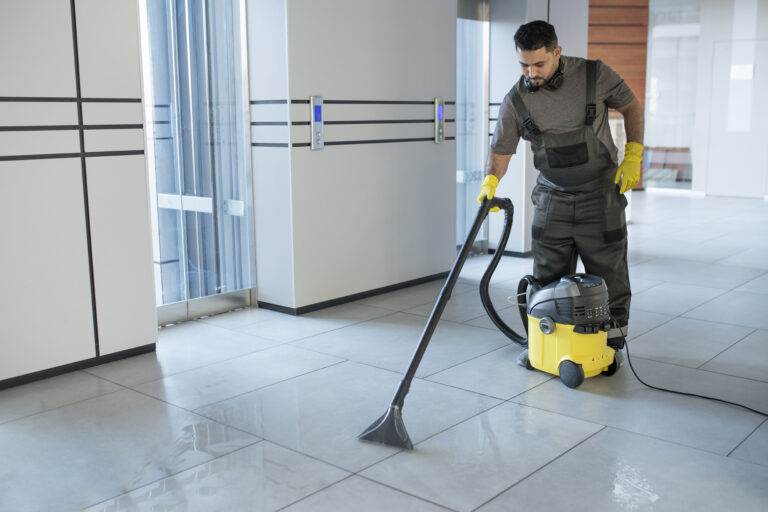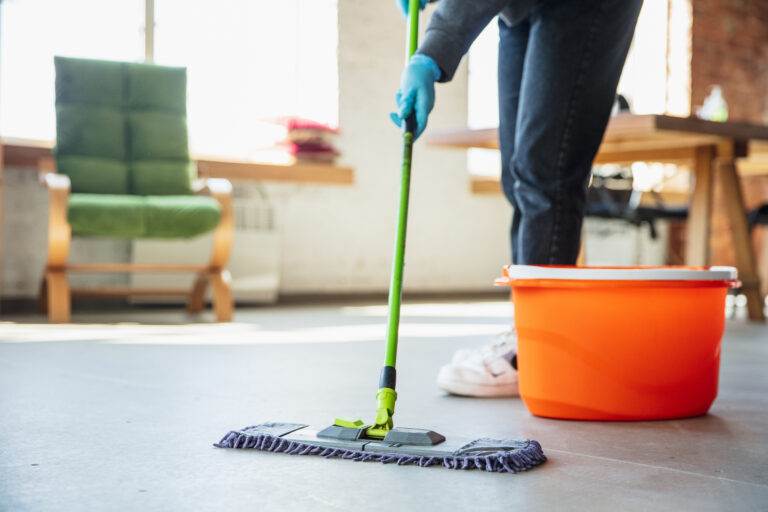Manufacturing facilities present a distinct set of cleaning challenges that differ significantly from those found in traditional office environments. The nature of manufacturing processes often leads to the accumulation of various types of debris, including dust, grease, and chemical residues. These contaminants can not only affect the aesthetic appeal of the facility but also pose risks to equipment functionality and employee health.
Therefore, it is crucial to understand the specific cleaning needs that arise from the unique operations within these facilities. Moreover, the layout of manufacturing plants can be complex, with multiple production lines, storage areas, and specialized equipment. This complexity necessitates a tailored approach to cleaning that considers the flow of materials and personnel.
For instance, areas where heavy machinery operates may require more rigorous cleaning protocols to prevent accidents and ensure optimal performance. Understanding these unique needs allows for the development of effective cleaning strategies that enhance both safety and productivity within the manufacturing environment.
Key Takeaways
- Manufacturing facilities have unique cleaning needs due to the presence of heavy machinery, chemicals, and production waste.
- Specialized equipment and techniques are essential for effectively cleaning manufacturing facilities, including high-powered vacuums and industrial-strength cleaning agents.
- Health and safety compliance is crucial in manufacturing facility cleaning to ensure the well-being of employees and the environment.
- Customized cleaning schedules are necessary for manufacturing facilities to accommodate production schedules and specific cleaning requirements.
- Green cleaning products play a significant role in manufacturing facility cleaning by reducing environmental impact and promoting a healthier work environment.
The Importance of Specialized Equipment and Techniques for Manufacturing Facility Cleaning
Advanced Cleaning Techniques for Thorough Cleanliness
Techniques such as steam cleaning can be effective in sanitizing surfaces without harsh chemicals, vital in environments where food products or sensitive materials are handled.
Enhancing Efficiency with Advanced Technologies
Advanced cleaning technologies, such as automated scrubbers or robotic cleaners, can enhance efficiency and ensure consistent results across large areas.
Health and Safety Compliance in Manufacturing Facility Cleaning
Health and safety compliance is a critical aspect of cleaning manufacturing facilities. These environments often contain hazardous materials and equipment that require adherence to strict regulations set forth by organizations such as OSHA (Occupational Safety and Health Administration). A comprehensive cleaning program must incorporate safety protocols to protect both cleaning staff and facility employees from potential hazards.
Training is a key component in ensuring compliance with health and safety standards. Cleaning personnel must be well-versed in the proper handling of chemicals, use of personal protective equipment (PPE), and emergency response procedures. Regular audits and inspections can help identify potential safety issues and ensure that cleaning practices align with regulatory requirements.
By prioritizing health and safety compliance, manufacturing facilities can create a safer work environment while minimizing the risk of accidents or health-related incidents.
Customized Cleaning Schedules for Manufacturing Facilities
The dynamic nature of manufacturing operations necessitates customized cleaning schedules that align with production cycles and facility usage. Unlike standard office cleaning routines, which may follow a predictable pattern, manufacturing facilities often experience fluctuations in activity levels. Therefore, a one-size-fits-all approach to cleaning is rarely effective.
Developing a tailored cleaning schedule involves assessing the specific needs of each area within the facility. High-traffic zones may require more frequent attention, while less-utilized spaces can be cleaned on a less regular basis. Additionally, scheduling cleaning during off-peak hours or shifts can minimize disruption to production processes.
By creating customized cleaning schedules, manufacturing facilities can maintain cleanliness without compromising operational efficiency.
The Role of Green Cleaning Products in Manufacturing Facility Cleaning
The increasing emphasis on sustainability has led many manufacturing facilities to explore the use of green cleaning products as part of their cleaning protocols. These environmentally friendly alternatives are formulated to minimize harmful effects on both human health and the environment while still delivering effective cleaning results. Utilizing green cleaning products can enhance air quality within the facility, reduce chemical exposure for employees, and contribute to overall sustainability goals.
Moreover, adopting green cleaning practices can improve a facility’s reputation among clients and stakeholders who prioritize environmental responsibility. Many consumers today are more conscious of the ecological impact of their purchasing decisions, making it essential for manufacturers to demonstrate their commitment to sustainability. By integrating green cleaning products into their operations, manufacturing facilities can not only achieve cleanliness but also align with broader environmental initiatives.
Quality Control and Inspection Processes for Manufacturing Facility Cleaning
Implementing quality control measures is vital for ensuring that cleaning standards are consistently met in manufacturing facilities. Regular inspections play a crucial role in this process, allowing facility managers to assess the effectiveness of cleaning protocols and identify areas for improvement. Establishing clear benchmarks for cleanliness can help maintain high standards and ensure compliance with industry regulations.
Quality control processes may involve routine checks by supervisory staff or third-party auditors who specialize in industrial cleaning standards. These inspections can evaluate various aspects of cleanliness, including surface sanitation, waste disposal practices, and adherence to safety protocols. By prioritizing quality control and inspection processes, manufacturing facilities can foster a culture of accountability and continuous improvement in their cleaning efforts.
Addressing Emergency Cleaning Needs in Manufacturing Facilities
Manufacturing facilities are often subject to unexpected incidents that necessitate immediate cleaning responses. Spills, equipment malfunctions, or accidents can create hazardous conditions that require prompt attention to ensure safety and operational continuity. Having a plan in place for addressing emergency cleaning needs is essential for minimizing downtime and mitigating risks.
An effective emergency response plan should outline procedures for quickly mobilizing cleaning personnel and resources in the event of an incident. This may include having specialized equipment readily available for rapid cleanup or establishing communication protocols to alert staff about potential hazards. By being prepared for emergencies, manufacturing facilities can respond swiftly to incidents, ensuring a safe working environment while maintaining productivity.
The Benefits of Outsourcing Janitorial Services for East Bay Manufacturing Facilities
Outsourcing janitorial services can offer numerous advantages for manufacturing facilities in the East Bay region. By partnering with a specialized janitorial service provider like United Facilities Group, manufacturers can access expertise tailored specifically to their unique cleaning needs. This allows internal staff to focus on core operations while ensuring that cleanliness is maintained at optimal levels.
Additionally, outsourcing janitorial services can lead to cost savings by reducing the need for in-house staffing and training expenses. Service providers typically have established protocols and trained personnel who are well-versed in industry best practices, ensuring high-quality results without the overhead associated with managing an internal team. Furthermore, outsourcing allows for flexibility in scaling services up or down based on changing production demands, providing manufacturers with the agility needed to adapt to market fluctuations.
In conclusion, understanding the unique cleaning needs of manufacturing facilities is essential for maintaining a safe and efficient working environment. By employing specialized equipment and techniques, adhering to health and safety compliance standards, creating customized cleaning schedules, utilizing green products, implementing quality control measures, addressing emergency needs promptly, and considering outsourcing janitorial services like those offered by United Facilities Group, manufacturers can ensure their facilities remain clean and conducive to productivity.

FAQs
What services are included in comprehensive janitorial services for manufacturing facilities?
Comprehensive janitorial services for manufacturing facilities typically include cleaning and sanitizing of production areas, restrooms, break rooms, offices, and common areas. This may also include floor care, window cleaning, and waste management.
Why are comprehensive janitorial services important for manufacturing facilities?
Manufacturing facilities require a high level of cleanliness and sanitation to maintain a safe and healthy work environment. Comprehensive janitorial services help to ensure that the facility meets industry regulations and standards, as well as promotes employee well-being and productivity.
What are the benefits of hiring a professional janitorial service for manufacturing facilities?
Hiring a professional janitorial service for manufacturing facilities ensures that the cleaning is done efficiently and effectively, using industry-specific knowledge and equipment. This can help to reduce the risk of contamination, improve overall cleanliness, and free up time for facility staff to focus on their core responsibilities.
How often should comprehensive janitorial services be performed in manufacturing facilities?
The frequency of comprehensive janitorial services for manufacturing facilities may vary depending on the size of the facility, the nature of the manufacturing processes, and the specific cleaning needs. It is important to establish a cleaning schedule that addresses the unique requirements of the facility to maintain a clean and safe environment.
What should manufacturing facility managers consider when choosing a janitorial service provider?
When choosing a janitorial service provider for a manufacturing facility, managers should consider the provider’s experience in servicing similar facilities, their knowledge of industry-specific cleaning requirements, their use of environmentally friendly cleaning products, and their adherence to safety regulations. It is also important to consider the provider’s reputation and reliability.


